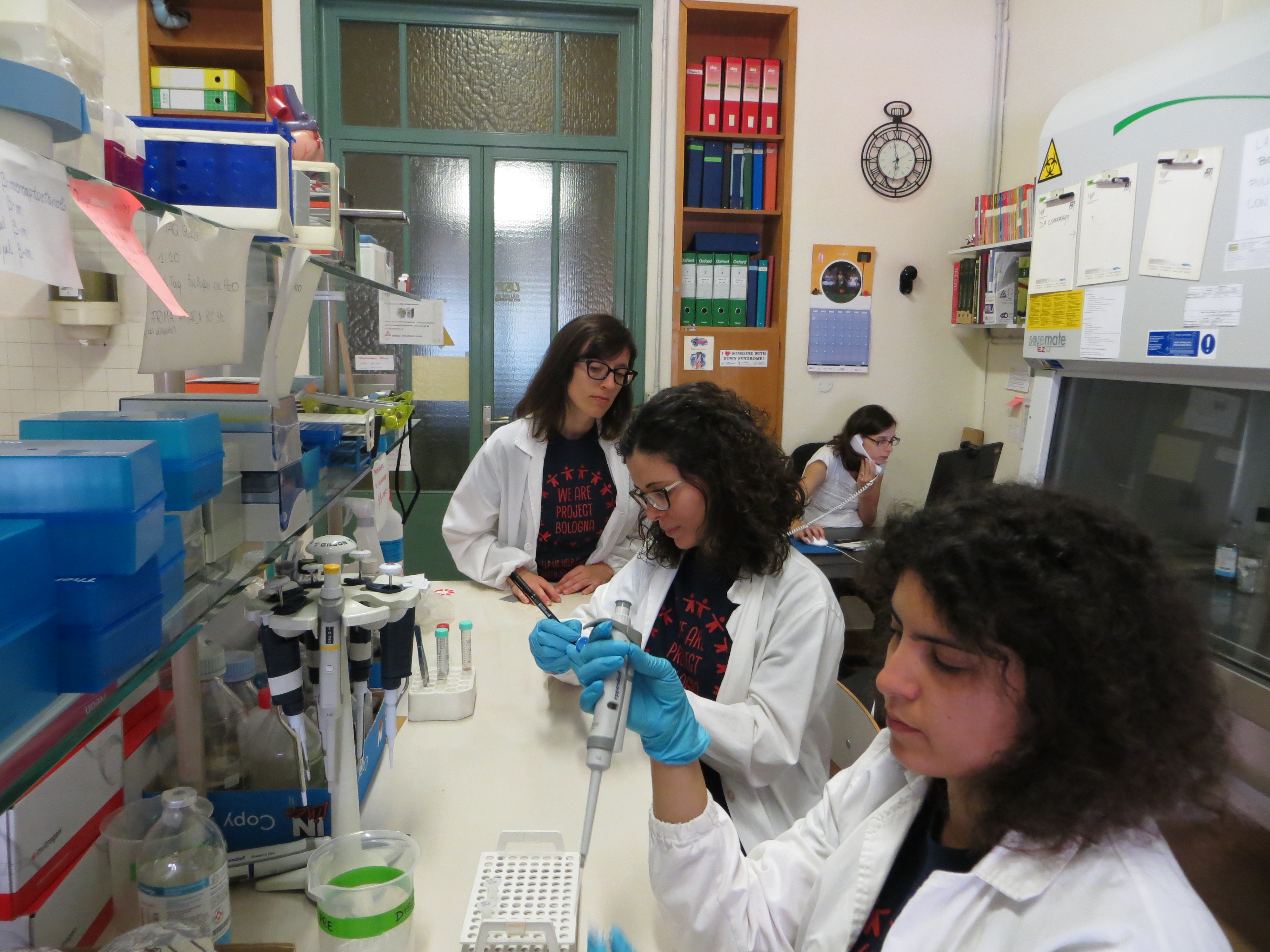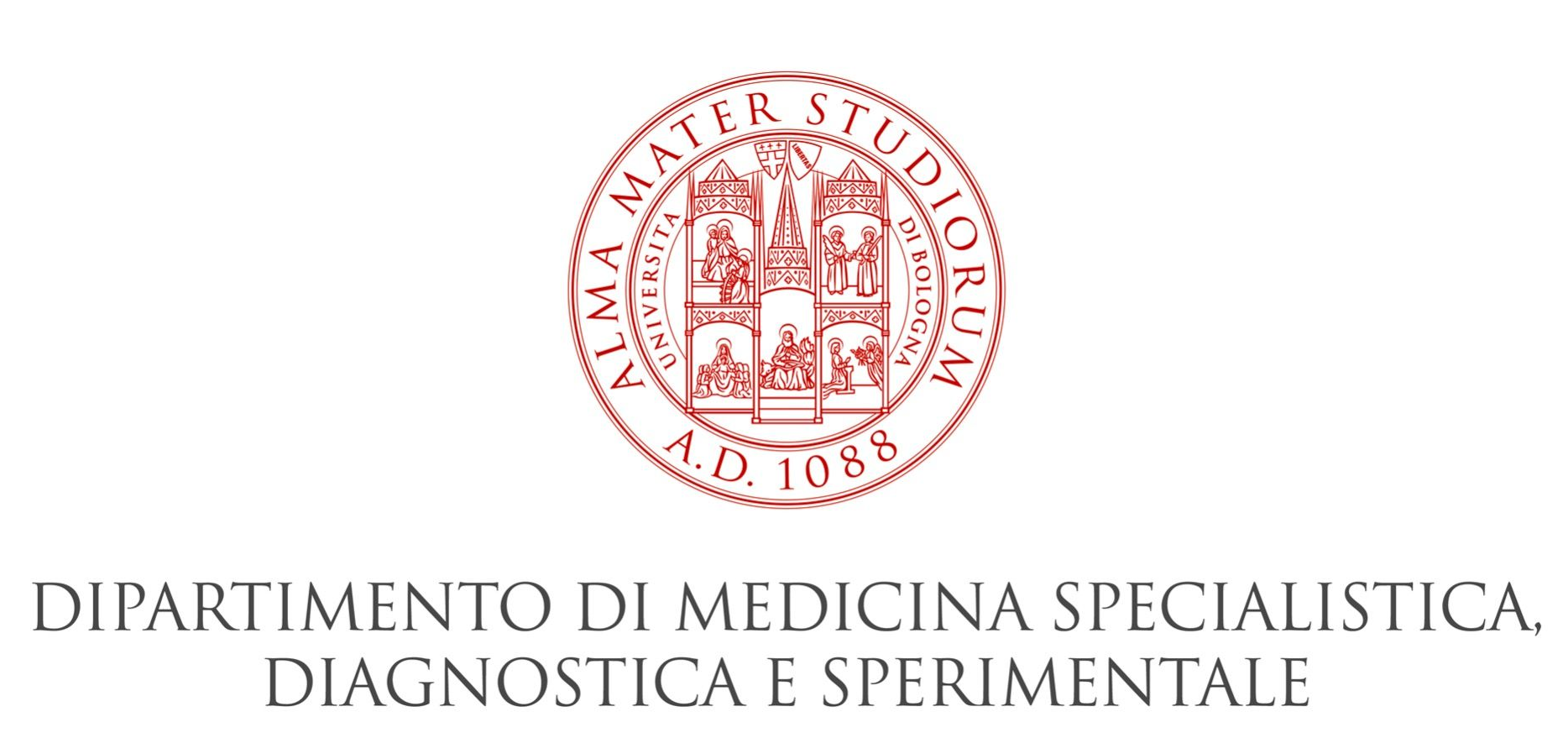A Rose for Genome 21

Characterization of the highly-restricted region critical for Down syndrome
The project – which entails international collaborations – aims to analyze this region in detail in order to identify new genes of chromosome 21 that are hypothesized to be essential for the manifestation of Down syndrome. To date, no functional genes have been described in HR-DSCR. Trisomic cell models for chromosome 21 will be used to identify them: fibroblasts and induced pluripotent stem cells.
By studying 50 children with Down syndrome and 50 control subjects, the plasma analysis focuses in particular on the metabolites of the metabolic pathways known as the one-carbon cycle and the folate cycle. In order to identify possible targets of a therapeutic intervention, specific alterations in the metabolism will be detected and associated with certain genes located in chromosome 21, in particular in the “critical region”.

